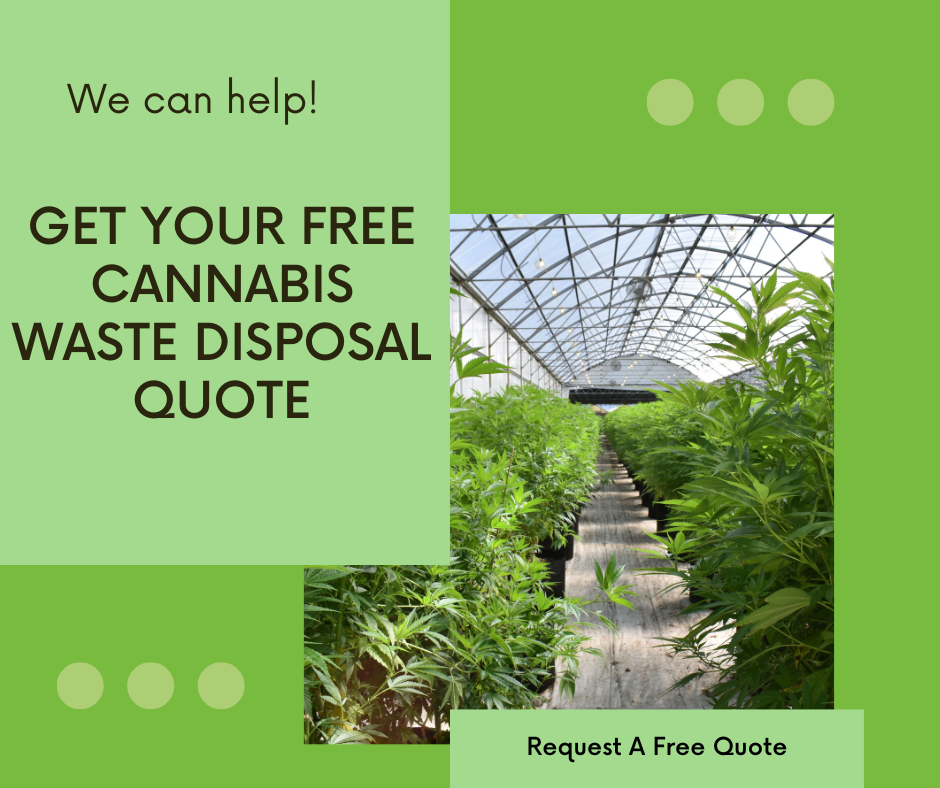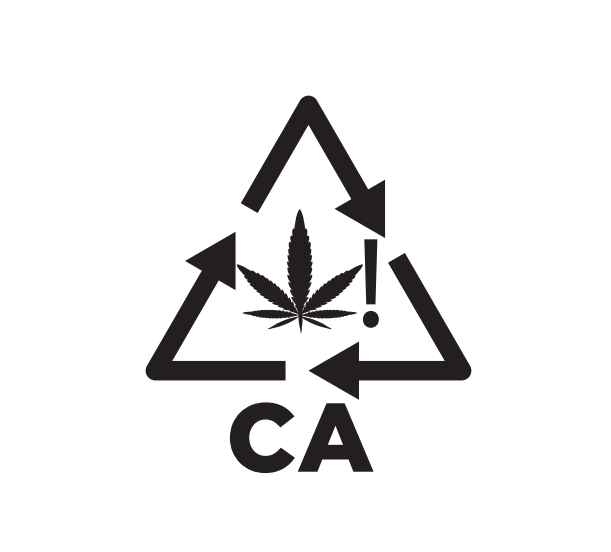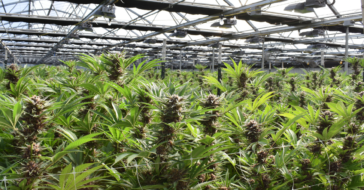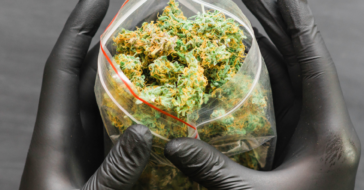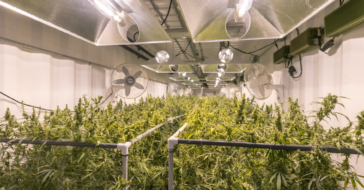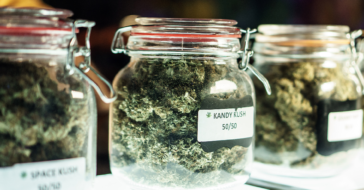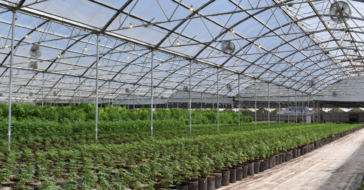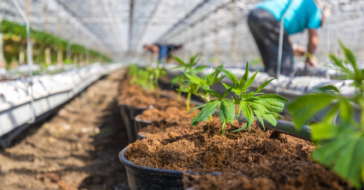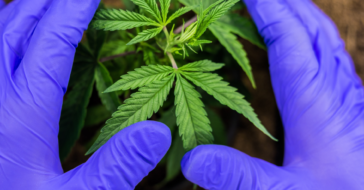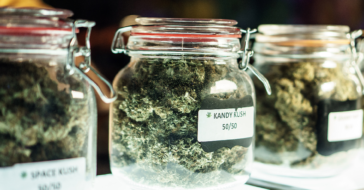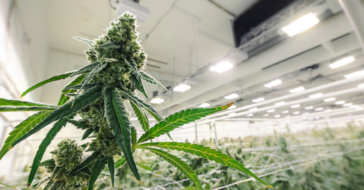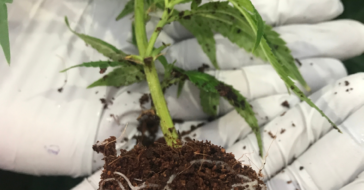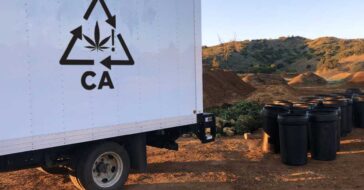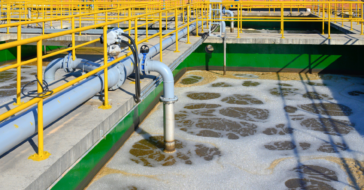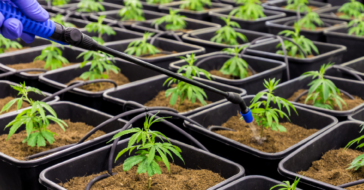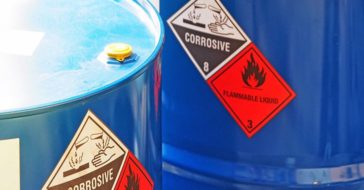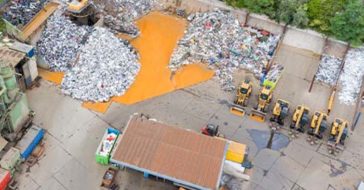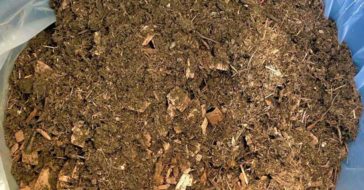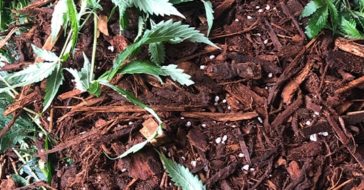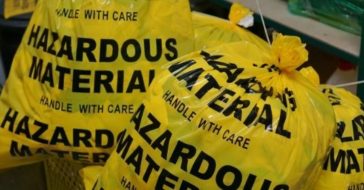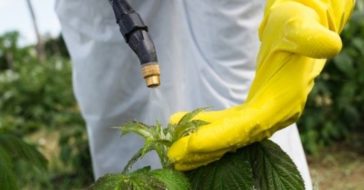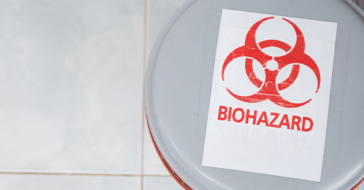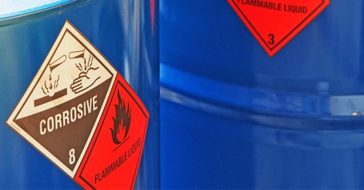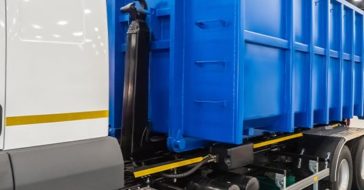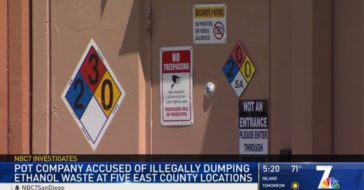The cannabis industry has seen significant growth in recent years, but with this growth has come a significant increase need for cannabis waste disposal.
From plant waste to manufacturing and packaging waste, businesses in the cannabis industry are producing a considerable amount of waste that needs proper cannabis waste disposal. As owners of a business that generates cannabis waste, that may come as a surprise to you. After all, cannabis is a natural product. How could it hurt the environment?
Yet cannabis waste still poses environmental challenges when it comes to waste disposal. Improperly disposing of cannabis waste can have a negative impact on the environment, including air and water pollution, soil contamination and harm to wildlife. That’s why in California and several other states, cannabis waste disposal is regulated. Businesses that fail to comply with these regulations can face significant fines and reputational damage.
If you’re a cannabis business, here’s what you need to know about waste disposal in your industry so that you can reduce your environmental impact, maintain your social responsibility and follow every regulation.
Cannabis Waste Types
If your business is in the cannabis industry, you likely generate different types of waste that need to be managed properly to ensure you are compliant with regulations.
are compliant with regulations.
Some of the most common types of cannabis waste include:
- Plant waste: This includes all the unusable parts of the cannabis plant, such as leaves, stems and roots, that are generated during cultivation or processing. This type of waste is typically non-hazardous, but it can still pose a problem if not properly managed.
- Manufacturing waste: Cannabis businesses may generate manufacturing waste during the extraction, distillation and refinement of cannabis products. Depending on the method used, this type of waste can be hazardous or non-hazardous.
- Packaging waste: A product often requires packaging, and this type of packaging waste can include all the materials used to package and label cannabis products. For example, plastic bags, containers and labels are all types of packaging waste. Businesses should consider the potential consequences of branded packaging ending up in the wrong hands if they dispose of packaging waste with other trash, even though this type of waste is typically non-hazardous.
- Contaminated soil: This refers to soil that has been contaminated with pesticides or other chemicals used during the cultivation of cannabis plants. Most landfills will not accept contaminated soil due to its toxicity.
- Laboratory waste: The testing and analysis of cannabis products can produce different types of laboratory waste, including expired or contaminated testing kits, which may be considered hazardous under state or federal regulations.
- Electronic waste: Although not commonly thought of as cannabis waste, most companies use electronics in some way to manage their business. When these electronics are no longer needed, they become waste, and in California, many types of e-waste are considered hazardous.
Experts categorize cannabis waste based on its potential hazards. They also do by the level of risk it poses to public health and the environment. Although non-hazardous waste is generally not considered harmful to public health or the environment, hazardous waste is heavily regulated due to its potential danger.
Regulatory Framework For Cannabis Waste Disposal
Despite the legalization of cannabis in California, cannabis remains a Schedule 1 Federally Controlled Substance. This makes the disposal of cannabis waste products more complex.
As a result, hazardous cannabis waste is categorized differently than non-hazardous cannabis waste, as well as traditional hazardous waste.
In California, the Department of Cannabis Control (DCC) now licenses and regulates all commercial cannabis activity. Prior to 2021, that job was divided between three agencies. The DCC regulates the following:
- Growing cannabis plants
- Manufacturing of cannabis products
- Transportation and tracking of cannabis goods throughout the state
- Sale of cannabis goods
- Events where cannabis can be sold or used
- Labeling of goods sold at retail locations
The Cannabis Advisory Committee advises the DCC about regulations and licensing related to commercial cannabis businesses.
Cannabis Waste Disposal Laws
If you run or are thinking about starting a cannabis business, it’s important to know waste disposal laws as well when working to understand DCC’s regulations.
understand DCC’s regulations.
In addition to areas like license application requirements, there are several compliance issues cannabis businesses must regularly monitor. These include:
- The ability to identify waste streams as non-hazardous waste, cannabis waste or hazardous waste
- The proper disposal of these waste streams according to regulations
- Mitigation of potential sources of waste odor
- The storage of cannabis goods
- Securing waste on licensed premises
Cannabis Track and Trace reporting requirements are another important area cannabis businesses must comply with on a regular basis. The California Cannabis Track and Trace (CCTT) system tracks the movement of cannabis and cannabis products through the supply chain. The Department of Cannabis Control refers to this system as “seed to sale” tracking.
When applying to become an annual licensee under the CCTT, you must develop a cannabis waste management plan outlining the methods you will use for handling cannabis waste that is generated on the premises.
Although businesses can use methods such as composting or mulching to dispose of non-hazardous cannabis waste on-site, they must still adhere to strict guidelines to ensure that they manage the waste correctly. When businesses transport cannabis waste off-site, they should secure it in a waste receptacle that only they and the waste management organization can access.
Conversely, a licensed hazardous waste disposal company (which can also handle non-hazardous waste disposal) must dispose of hazardous cannabis waste off-site.
The use of the CCTT is mandatory for licensed cannabis operators to identify and weigh cannabis waste. Additionally, in California, it’s crucial to recognize that anything that has contact with THC is classified as hazardous waste. Grow rooms, dispensaries and other types of cannabis businesses must report this waste through the CCTT. However, the waste must be made unusable and unrecognizable before leaving a facility.
Choosing A Waste Disposal Provider
Businesses in the cannabis industry, such as yours, must choose a reputable waste management service provider to guarantee proper management and disposal of waste in compliance with California regulations.
Here are three key factors to consider when selecting a waste management service provider:
- Compliance with regulations: Make sure the waste management service provider is licensed and has experience working with cannabis waste. A cannabis waste disposal company should be familiar with California’s waste disposal regulations and able to provide documentation of its compliance.
- Proper disposal methods: The waste management service provider should have a clear understanding of the different types of cannabis waste and the appropriate methods for disposal. A disposal company should also be able to provide documentation of the disposal process. This should include the destination facility and the disposal method used.
- Reputation: Research the waste management service provider’s reputation by reading online reviews, checking references and asking other businesses in the cannabis industry for recommendations.
Cannabis businesses must maintain detailed records of their waste management activities. This includes documenting the type and quantity of waste generated, the disposal method used and the identity of the waste hauler or disposal facility. Regulatory agencies require businesses to keep these records for at least three years and make them available for inspection.
If a cannabis business does not maintain proper records, they may face penalties and fines. Therefore, it is crucial to establish an organized and easily accessible record-keeping system. Some businesses choose to use electronic systems to track their waste, while others use manual systems such as logbooks or spreadsheets. Regardless of the system used, your records must be accurate, complete and kept up-to-date to ensure compliance with regulations.
A reputable cannabis waste disposal company can provide assistance with these record-keeping requirements. Many offer documentation services as part of their overall waste management services.
Cannabis waste regulations are constantly evolving. It’s critical to partner with a licensed waste service to stay up-to-date with regulatory changes and ensure ongoing compliance. By choosing a reputable waste management service provider and maintaining detailed records of your waste management activities, your cannabis business can avoid potential penalties while protecting the environment and public health.

